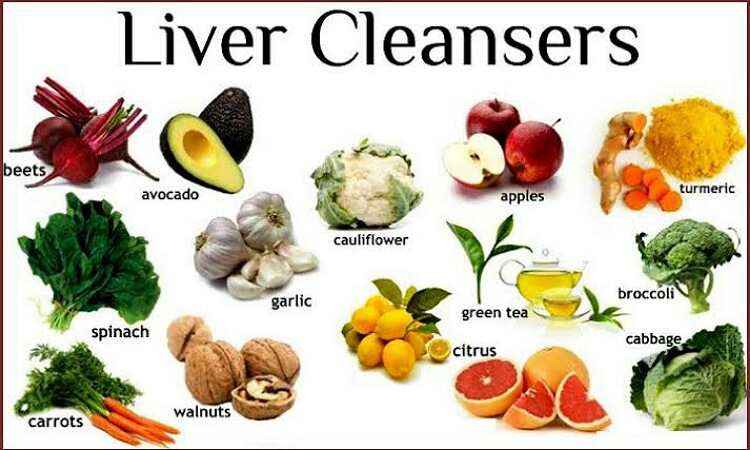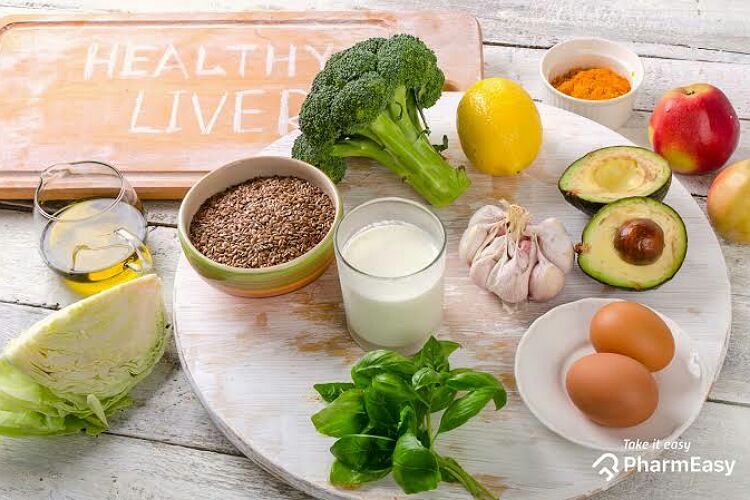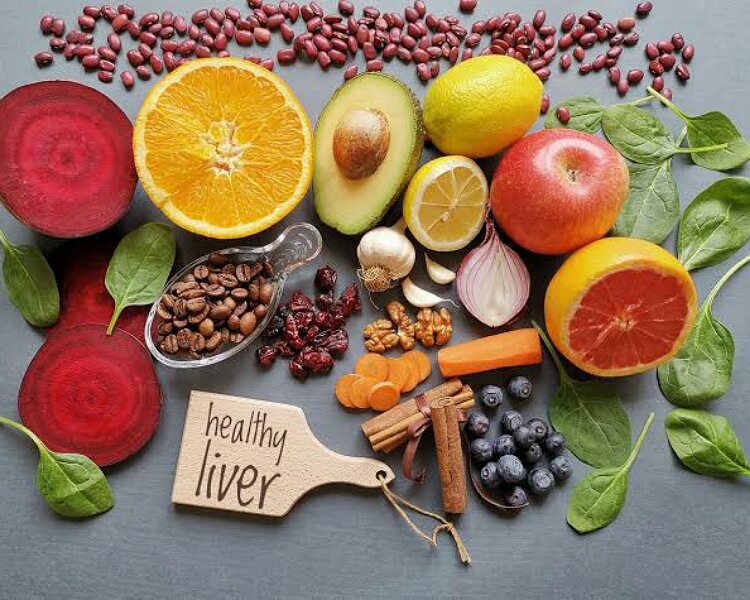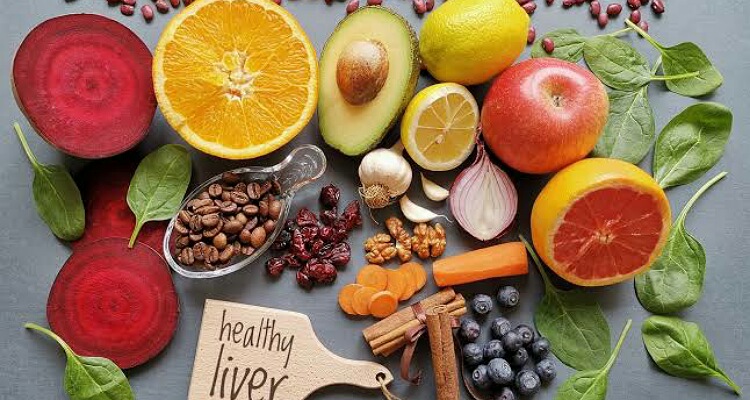The liver is a vital body organ. It is single and does a lot of synthetic, secretory, and excretory functions. Therefore, it should be in a healthy condition for overall body health.
Certain foods assist in keeping the liver in shape for its various functions. Which are these liver-protective foods?
Liver
The liver is an important and indispensable organ of the human body. It detoxifies harmful substances, produces protein and fats, releases bile that aids digestion, and stores minerals, vitamins, and carbohydrates.
The liver metabolizes the medicines that we take. It breaks it up into soluble forms so that they can be excreted in the urine. Alcohol breakdown also occurs in the liver.
And there are some natural byproducts of metabolism produced by the body. These too are eventually removed from the body by the liver.
The liver is solo. It has no duplicate to help it. Hence it is vital to protect this organ and prevent it from any kind of damage. Some foods are good for the liver.

Liver-protective foods
To keep the liver healthy, one should attempt to have these liver-protective foods in their diet. This will ensure that the liver continues to function well into old age.
1. Coffee: one of the liver-protective foods
Several studies have stated that coffee has a beneficial effect on the liver. It protects it from damage and is also good for those who have signs of liver cell failure and cirrhosis.
It can even prevent liver cancer. Patients with chronic liver disease can lower their risk of death if they have at least 3 cups of coffee daily.
The reason for this benefit of coffee is its ability to decrease the deposition of fats and collagen in the liver. It decreases inflammation and increases glutathione levels in the body. Glutathione is an antioxidant and prevents cell damage.
2. Green tea

Various studies have asserted that green tea consumption helps with liver disease and fatty liver. Green tea increases blood markers of liver health. 4 to 5 cups per day can also lower the risk of liver cancer.
Animal studies provided similar results. But those with liver damage should exercise caution with green tea extract consumption.
3. Grapefruit
This fruit is rich in antioxidants such as naringenin and naringin. These are liver-protective. They directly prevent cell damage and decrease inflammation and fibrosis.
Naringin metabolizes alcohol and saves the liver from damage. Grapefruit decreases fat accumulation in liver cells. Most of these are animal studies antioxidants. More studies on humans might assist to clear the picture.
4. Blueberries and cranberries, grapes, prickly pear
Anthocyanins, an antioxidant found in these berries are good for liver health. Additionally, blueberries improve immune function. These minimize inflammation, fibrosis, and cancer formation. Similarly, grapes and prickly pear protect the liver.
5. Beetroot juice
This juice has nitrates and an antioxidant called betalain. These increase levels of detoxification enzymes in the liver. They also reduce inflammation and oxidative damage of liver cells.
However, these are animal studies. Human studies are limited to knowing the link between beetroot juice and liver health.
6. Cruciferous vegetables

Brussels sprouts, broccoli, and mustard greens have high fiber and plant compounds. Animal studies revealed that these improve levels of detoxification enzymes in the body and minimize liver damage.
Another study showed that mice fed broccoli had lesser liver tumors or fattiness. Human studies in this aspect are few.
7. Nuts
Nuts have fats, vitamin E, and useful plant substances. They help the heart as well as the liver. Nonalcoholic fatty liver disease is less in those who consume nuts daily. More quality studies might further prove their benefits for liver health.
Read here: Beetroot juice: benefits for heart, liver, gut, and skin!
8. Fish and olive oil
Omega 3 fatty acids of fatty fish are beneficial for the heart and liver. They minimize the chance of liver disease of all kinds. Olive oil also has a positive effect on the liver.
It decreases fat accumulation in liver cells. Moreover, it increases the blood concentration of liver enzymes. It is a valuable aid in promoting liver health.
